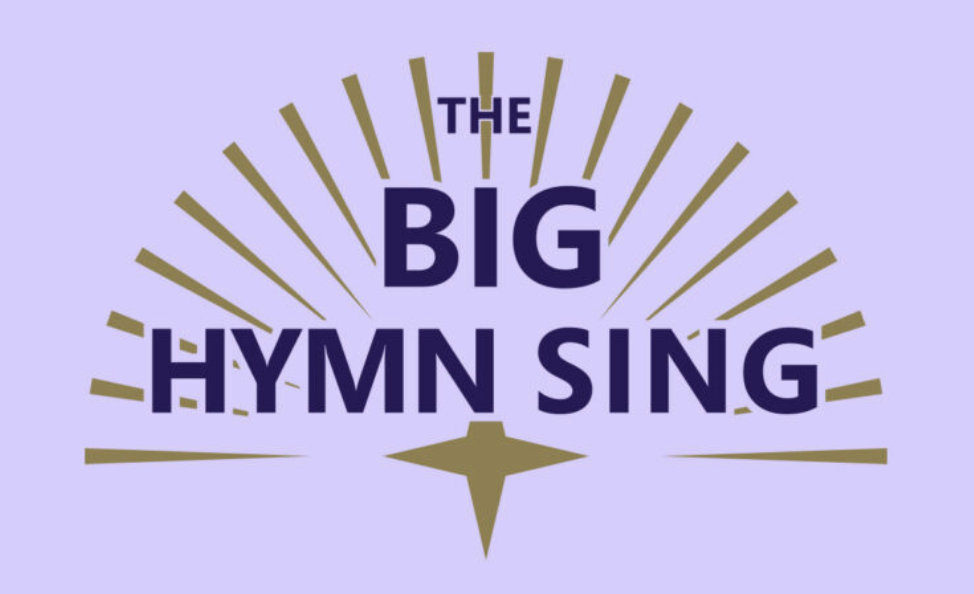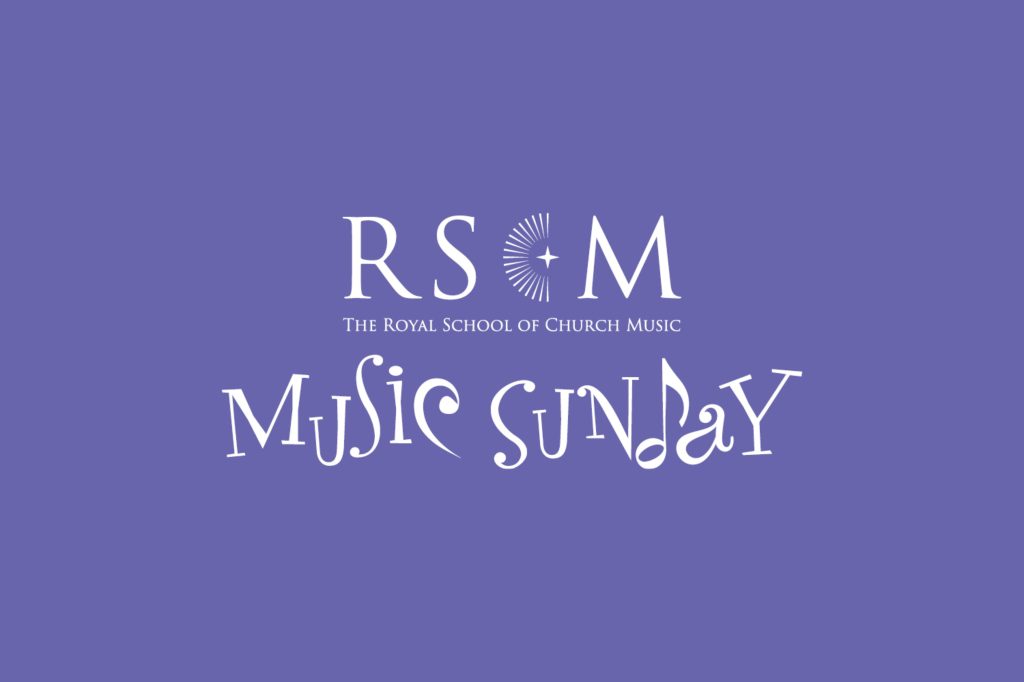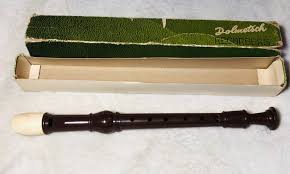Award-winning British composer Thomas Hewitt Jones has written a brand new hymn especially for the Royal School of Church Music’s Big Hymn Sing for Music Sunday. With words by Dr Gordon Giles, Canon Chancellor of Rochester Cathedral, Sing to the Lord, a new song of creation is a wonderfully rousing hymn in five verses, with a soaring descant in the final verse.
Thomas Hewitt Jones says, “Gordon Giles and I have had enormous fun writing this new hymn for the RSCM’s Music Sunday. It celebrates in words and music the joy of singing together in a spiritual context – one of the most uplifting things that any of us can do. I’ve written tune in E-flat major, which is a very warm key, and there are one or two harmonic surprises which I hope reward both singer and listener alongside Gordon’s beautiful text. Here’s to us all lifting our voices together for the fantastic cause of encouraging and protecting the value of singing together – and thinking beyond ourselves – both now and in the future.”
Gordon Giles says, “With this hymn specially written for music Sunday, inspired by Thomas’ magnificent tune, I wanted to write a set of words which ebbed and flowed, rose and fell with the arc of the tune, and which not only drew on scripture but enabled us to sing about singing and its purpose in worship – to praise God. Drawing on the theology of Dietrich Bonhoeffer (who was an accomplished pianist) and Paul Tillich, I wanted to reference the idea of God not just as ground of our being, but ground bass – the metaphorically musical foundation of all the spiritual counterpoint that our lives weave above and around the fundamental concept of God as creator, saviour and inspirer of everything, including faith, hope and love.
There is also something essentially trinitarian about the harmony of earth and heaven, expressed in the triad – the three-in-one chord, which is both the basic structure and harmonic variation of music with endless and eternal possibilities. The harmonies we make and sing with our God-given voices are expressions of both divine and musical trinities of melody, harmony and counterpoint all working together yet sounding as one.”
Music Sunday, which this year takes place on Sunday 9th June, is an annual event presented by the Royal School of Church Music (RSCM) to celebrate and give thanks for the music and musicians that enhance worship in such a meaningful and powerful way. Participating churches in 2023 included Winchester Cathedral, Llandaff Cathedral, Peterborough Cathedral, Dulwich College Chapel Choir, and St Michael and All Angels in Colombo, Sri Lanka.
This year the RSCM is encouraging churches to put on a Big Hymn Sing For Music Sunday and it has created resource pack which can be downloaded from the RSCM’s website. Churches are encouraged to do something special – it might be their own Big Hymn Sing for Music Sunday, holding a special service, using special prayers, putting on a concert or having a social event. Above all, Music Sunday is about celebrating church music and the work of all church musicians.
The other hymns in the RSCM’s Music Sunday Big Hymn Sing resource pack were selected following a public vote and include well-known, much-loved hymns such as Dear Lord and Father of Mankind, Guide Me, O Thou Great Redeemer and Love Divine, All Loves Excelling.
Full details of the Big Hymn Sing for Music Sunday, including the downloadable hymn pack and a toolkit to help plan and advertise events, can be found here: https://www.rscm.org.uk/whats-on/music-sunday/
In a transformed landscape in the aftermath of Covid, the RSCM is reaching out with a vision to involve churches and communities nationwide, as well as overseas, to celebrate the role of church music in worship and the dedication of all church musicians. The RSCM, as an educational charity, supports the church and church musicians to make the best of music in worship, and RSCM Music Sunday is a powerful way to provide a positive solution for everyone to come together to celebrate. From extended services to afternoon teas; from recitals to cake sales; from sponsored hymns to small churches joining together, there are so many ways to join in.


The Royal School of Church Music
The Royal School of Church Music (RSCM) is the Salisbury-based, national, independent charity enabling the flourishing of church music. As the central ‘home’ of church music, RSCM provides relevant education, training and resources to its membership, the wider church, and beyond. It is committed to encouraging the best of music in worship, and to advocating music as a tool for growth of the church.
The RSCM supports thousands of member churches across the UK and worldwide through its international partners. In addition, it also supports many schools and Individual members, and its work is sustained by thousands of Friends, Regular Givers and other donors.
The RSCM is an open, life-long learning organisation, offering face-to-face and distance education and training through its programmes, published resources, courses and activities.
Founded by Sir Sydney Nicholson in 1927, the RSCM’s original emphases were English and choral. Now, in a diverse international context, the RSCM’s work is far broader and more diverse, and aims to make all its work ecumenical in purpose, nature and content.
Her Majesty Queen Elizabeth was RSCM’S Royal Patron from 1952 until her death in 2022, and its president is The Most Revd and Rt Hon The Lord Archbishop of Canterbury. The organisation celebrates its centenary in 2027.
Registered charity no: 312828













